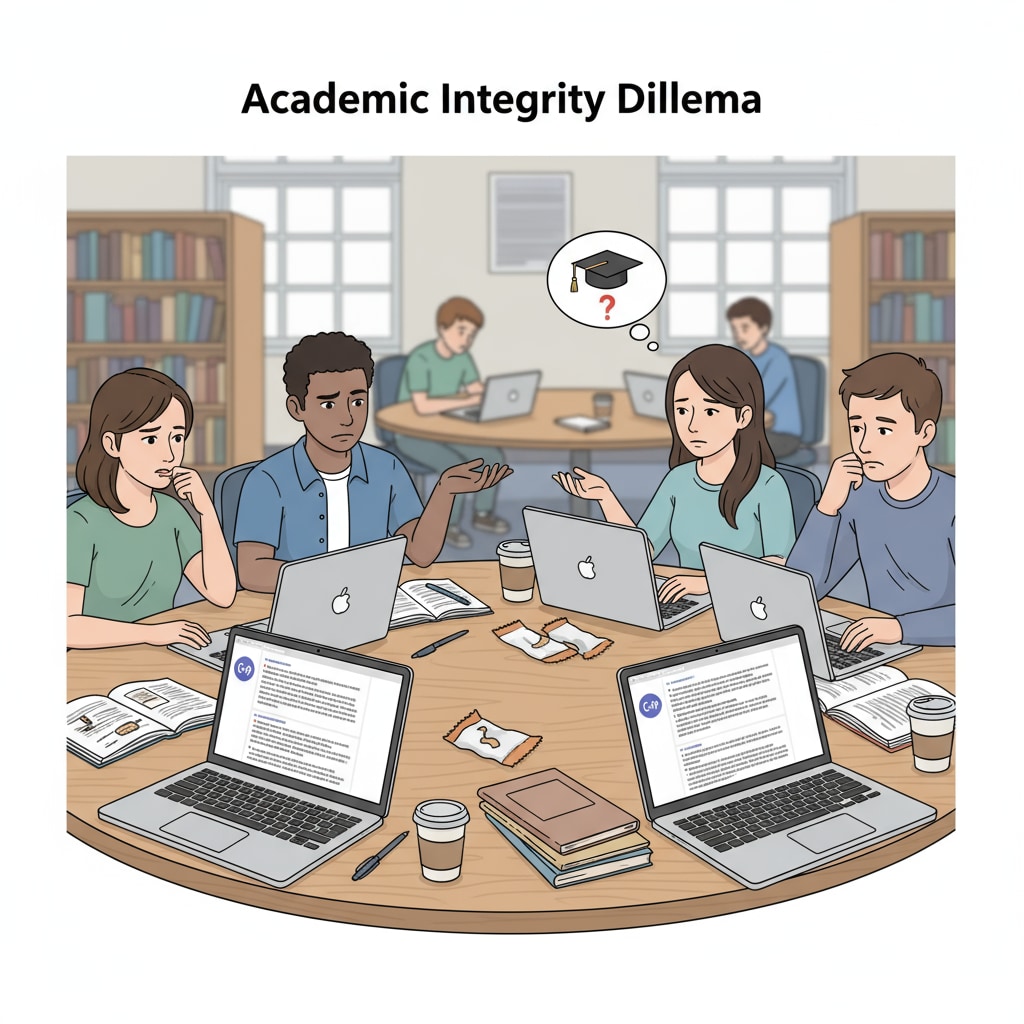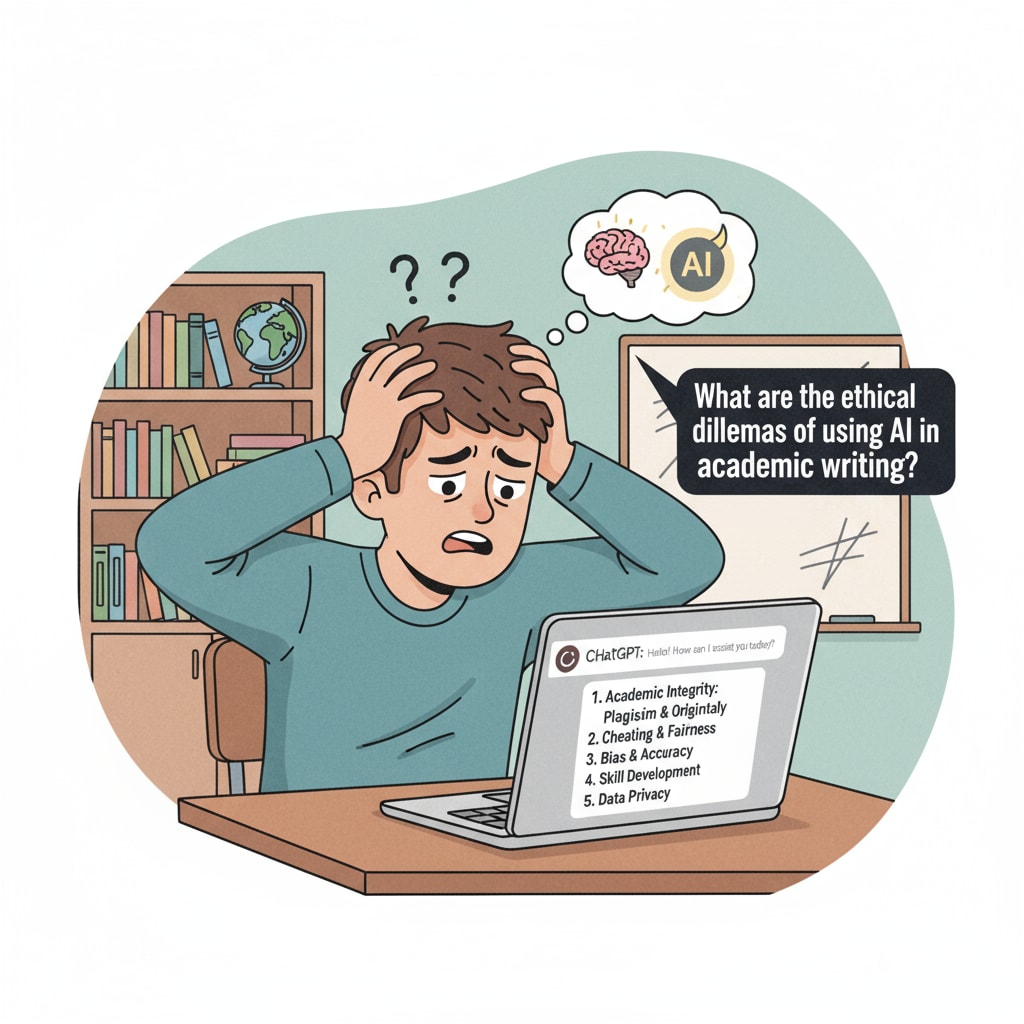Academic integrity, ChatGPT use, and legal research are at the forefront of discussions as AI tools become increasingly prevalent in the academic world. The rise of ChatGPT and similar artificial intelligence platforms has brought about a new era of possibilities for students in K12 education, but it has also introduced a host of moral challenges.

The Emergence of AI in Academic Research
AI has revolutionized the way research is conducted. ChatGPT, with its ability to generate text based on vast amounts of data, has become a popular tool among students. It can quickly provide information, summarize articles, and even help with formulating ideas. For example, in legal research, it can sift through numerous legal documents to find relevant precedents. However, this convenience has blurred the lines of academic integrity. Artificial intelligence in education on Wikipedia
The Moral Dilemmas Faced by Students
Students often find themselves in a moral bind when using AI for academic work. On one hand, the pressure to perform well academically is immense. With tight deadlines and complex assignments, the temptation to use AI to complete tasks quickly is strong. On the other hand, they are aware that using AI inappropriately, such as submitting AI-generated work as their own, is a violation of academic integrity. This creates a sense of guilt. For instance, a student might use ChatGPT to write a research paper, but feel ashamed knowing they haven’t put in the necessary effort.

Moreover, the lack of clear guidelines on AI use in academic institutions adds to the confusion. Some institutions have yet to establish comprehensive policies regarding the acceptable use of AI in research and assignments. As a result, students are left to navigate these murky waters on their own, often unsure of what is considered ethical and what is not. Academic integrity on Britannica
The Legal Aspect of AI Use in Academia
Legal research also comes into play when discussing AI use in academic settings. There are questions regarding the ownership of AI-generated content. Who owns the intellectual property rights when a student uses ChatGPT to create a piece of academic work? Additionally, there are concerns about plagiarism. If an AI-generated response closely resembles existing works, is it considered plagiarism? These legal uncertainties further complicate the moral dilemmas students face.
Rethinking Academic Integrity in the Digital Age
To address these issues, it is essential to redefine academic integrity in the digital age. Academic institutions need to develop clear and comprehensive policies on AI use. These policies should outline what is acceptable and unacceptable, and provide guidance on how students can use AI as a legitimate research tool. Educators also play a crucial role. They should teach students about the proper use of AI, emphasizing the importance of using it as a supplement to their own thinking and research, rather than a replacement.
In conclusion, the use of AI in academic research, particularly with tools like ChatGPT, has presented significant moral dilemmas and guilt feelings among students. By addressing the legal aspects and redefining academic integrity, we can help students navigate this new landscape in a more ethical and responsible manner. This requires a collective effort from academic institutions, educators, and students themselves to ensure that the pursuit of knowledge remains honest and genuine.
Readability guidance: Short paragraphs and lists are used to summarize key points. Each H2 has a list or clear explanation. Passive voice and long sentences are controlled, and transition words are evenly distributed throughout the text.


